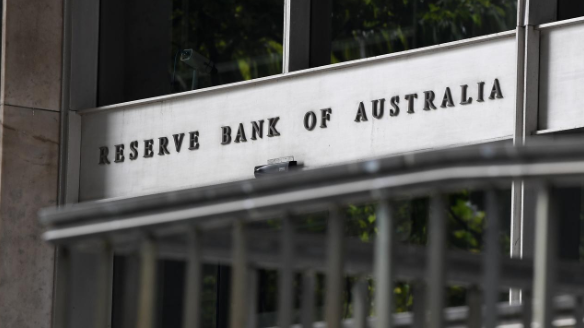
THE global economy is going through a difficult time even though the COVID-19 pandemic has subsided.
Like Australia, many other countries have been facing one of the highest inflation rates for many years. The catastrophic Russia-Ukraine conflict has also resulted in a sharp increase in food and fuel prices.
Furthermore, interest rates are skyrocketing worldwide despite being record low during the COVID-19 pandemic. This comes at a time when many households are struggling with high unemployment rates and constrained budgets.
And unfortunately, the Reserve Bank of Australia has also warned of a looming interest rate hike in order to control inflation. This means that the stock market will also shift significantly.
So, what will happen when inflation reaches insane levels? What will be the impact of an interest rate hike by the Reserve Bank? How will inflation and interest rates affect the stock market?
What is the relationship between inflation, interest rates and the stock market?
The cost of living in Australia and most countries all over the world is sharply increasing. This means that the price-increase rate is extremely high at the moment. The price-increase rate, or rather the cost-of-living increase, is referred to as inflation.
With inflation on the rise, the Reserve Bank is set to hike interest rates to control the rising cost of living. The purchasing power of money paid back to lenders will decrease in the future; therefore, lenders can only compensate for this by demanding higher interest rates.
When the Reserve Bank increases interest rates, the stock market is also affected. The impact on the stock market is often more instantaneous. Inflation thus becomes the key force in instigating a change in the interest rate and stock markets.
What will happen when inflation runs too hot?
When inflation gets out of control, it means that the overall price increases in the economy have become too excessive for consumers to bear. In addition, consumers’ paychecks become inadequate and can no longer cover their cost of living.
As a result, the Reserve Bank will be forced to enact measures that could potentially lead to an economic recession. An increase in inflation means that the Reserve Bank has to hike interest rates in order to mitigate it. But it also means that the Reserve Bank has to cut interest rates if a recession is looming.
What is the role of the Fed?
The Fed refers to the United States’ central bank. It is debatably considered to be the world’s most powerful financial institution. In Australia, the Reserve Bank has the same duties as the US Fed. The Fed is tasked with providing the country with a flexible, stable and safe financial and monetary system. Some of the Fed’s main roles include:
- Maintaining financial stability.
- Providing bank services.
- Steering national monetary policy.
- Supervision and regulation of banks.
What will happen when interest rates hikes?
The Reserve Bank increases interest rates when inflation rises and becomes irrepressible in order to keep things under control. The effect of increased interest rates is often felt throughout the country’s economy. This means that business loans, car loans, and mortgages become too expensive for consumers, thus reducing cash flows. For business, this means that growth plans have to either be amended or completely halted.
How will the stock market respond to rate hikes and inflation?
In the stock market, an increase in inflation and interest rates gives investors an incentive to take profits by selling off their assets. This usually happens, especially when investors have been enjoying double-digit returns on investments.
However, rampant profit-taking by investors can also significantly lower stock prices. Furthermore, for companies that decide to cut back on growth in order to mitigate the rising interest rates, their approximated future cash flows will also plummet.
This, in turn, will result in a decrease in the company’s stock prices. And if the stock prices of many companies decline, then the entire stock market also plummets.
Who can be trusted?
In a world of spin and confusion, there’s never been a more important time to support independent journalism in Canberra.
If you trust our work online and want to enforce the power of independent voices, I invite you to make a small contribution.
Every dollar of support is invested back into our journalism to help keep citynews.com.au strong and free.
Thank you,
Ian Meikle, editor




Leave a Reply